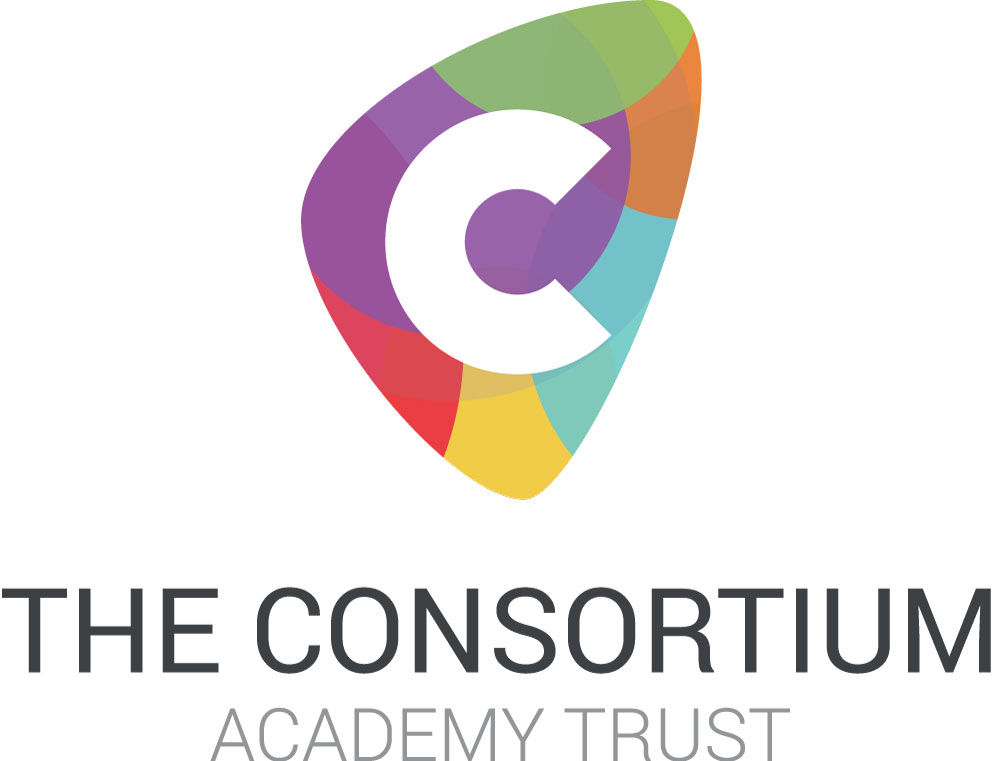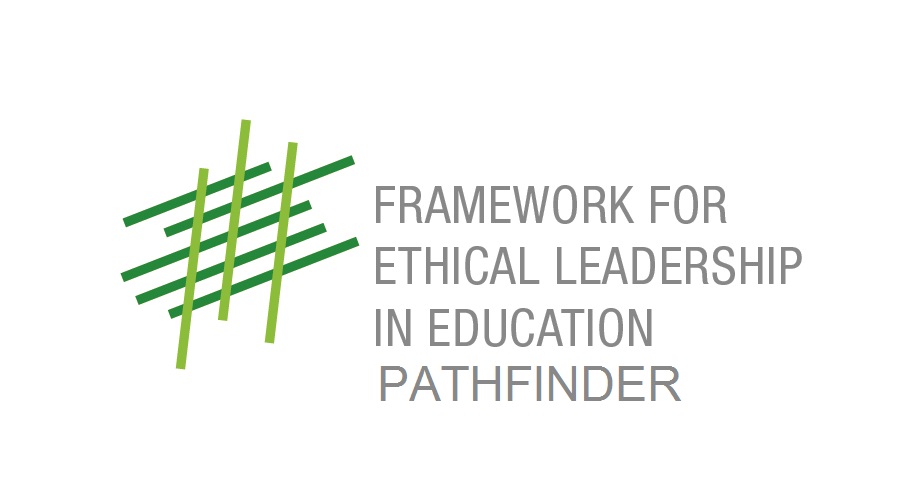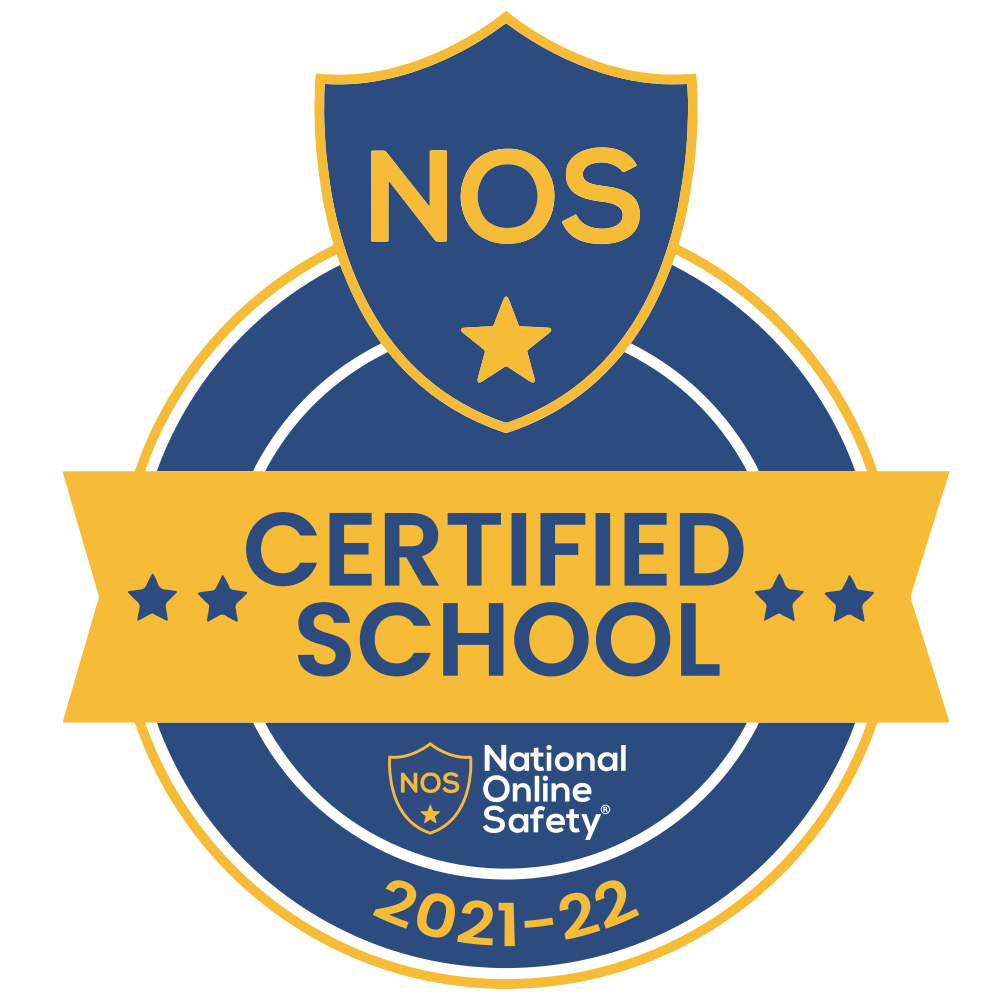English
During English lessons we take our students on a journey through literature over time, providing opportunities to cover the GCSE Assessment objectives in reading, writing and speaking and listening.
Our ethos is to foster a love of the written and spoken word and encourage students to creatively explore their understanding of our unique and thought provoking language.
| Staff | Position |
|---|---|
| Mrs Lowery | Director of Faculty |
| Mrs Hughes | Deputy Head of Faculty |
| Mr Wicks | Assistant Head of Faculty |
| Ms Lovel | Lead Practitioner - Early Career |
| Mr Wilson | Teacher |
| Miss Bhim-Rao | Teacher |
| Miss Austin | Teacher |
| Miss Hardy | Teacher |
| Miss Dennis-Hawes | Teacher |
| Miss Marren | Teacher |
Key Stage 3
|
Year 7 |
Year 8 |
|
Culture Poetry (transition unit) It’s all Greek to me & Roman Rhetoric Epic Poetry: Beowulf Shakespeare: Julius Caesar Novel: Percy Jackson and the Lightning Thief - Rick Riordan |
Challenging Chaucer Shakespeare: A Midsummer’s Night’s dream Romantic Poetry Sherlock Holmes Novel: Wonder by RJ Palacio |
Additional resources to support learning in Key Stage 3 English:
Recent research into the reading skills of 15 year olds across the world found that children who are more interested in reading do better at school than those who don’t read for pleasure.
The study also found that parents who talk to their children about books, TV programmes and films help to keep their children interested in reading. Having books, newspapers and magazines around at home also made a difference to how interested children were in reading.
● Ask questions regarding your child’s English lessons and the texts they are engaging with in class.
● Offer a literacy-rich environment, and be a strong model for reading. Talk about school, magazines, or current events. Ask them what they are reading and discuss the books. Have a lot of age-appropriate and grade-level reading material around your home.
● Literacy appears in all forms: newspapers, magazines, blogs, football/rugby match programmes
A range of resources can also be found on:
https://shtcenglish.wordpress.com/
http://www.wordsforlife.org.uk/7-11
Barrington Stoke is an award-winning publisher that makes books for reluctant, dyslexic, disenchanted and under-confident readers www.barringtonstoke.co.uk
Key Stage 4
English Language (Edexcel)
All students study GCSE English Language from Year 9 as part of compulsory core. Students will also receive a separate speaking and listening qualification. The GCSE English course is taught in conjunction with GCSE English Literature and all students will therefore receive two GCSEs as a result.
Aims of the course:
GCSE English Language enables students to:
Read a wide range of texts fluently and with good understanding.
Read critically and use knowledge gained from wide reading to inform and improve their own writing.
Write effectively and coherently using Standard English appropriately.
Use grammar correctly and to punctuate and spell accurately.
Acquire and apply a wide vocabulary alongside knowledge and understanding of grammatical terminology and linguistic conventions for reading, writing and spoken language.
Listen to and understand spoken language in its various forms, and use spoken standard English effectively.
Course content
|
Component One: Fiction & Imaginative writing |
Component Two: Non-fiction and Transactional writing |
Spoken Language Endorsement |
|
Study selections from a range of prose fiction.
|
Study a range of 20th- and 21st-century non-fiction texts (including literary non-fiction).
|
Developing spoken language skills. The component is internally assessed under controlled conditions, and externally monitored by Pearson. Candidates must undertake a prepared spoken presentation on a specific topic in a formal setting, listen and respond to questions and feedback, and use spoken English effectively. There are no marks for the Spoken Language endorsement. Students are awarded a grade (Pass, Merit or Distinction). |
Assessment:
100% exam
Paper 1: Fiction & Imaginative writing (40%) 1 hour 45 minutes
Paper 2: Non-fiction and Transactional writing (60%) 2 hours 5 minutes
Encourage your son / daughter to succeed through the following techniques:
Quiz them on the main texts studied: what are they about; what the writer’s main points are; how language is used to create characters and themes; which characters and events are significant.
Read a newspaper or magazine article with them and ask them questions on: what it is about; what the writer’s main points are; how language and tone have been used; what the writer’s point of view is.
Test your child on key language techniques.
Encourage your child to read any persuasive letters that you receive, and any promotional materials sent to you by charities.
Ask your child how the writer is trying to persuade the reader to help.
Help them plan pieces of writing for different people with different purposes.
Practise spellings which they find difficult (try the look/cover/write/check method) .
Help them with using a range of punctuation by reading a SPaG revision guide/website and testing them.
Get them to plan and then perhaps write a piece of writing each week (inform, explain and describe, and argue and persuade are the purposes that are tested in the exam) and read it with them to make improvements.
Help your child to develop their ability to write in timed conditions by stopping them after their time is up. If they want to continue, they should use a different coloured pen to show their teacher that it was written after their time had finished.
With reading questions, ask your child why each point they have made is important. Encourage them to explain their thinking clearly.
English Literature (AQA)
Aims of the course:
GCSE English Literature enables students to:
· Read a wide range of classic literature fluently and with good understanding, and make connections across their reading.
· Read in depth, critically and evaluatively, so that they are able to discuss and explain their understanding and ideas.
· Develop the habit of reading widely and often.
· Appreciate the depth and power of the English literary heritage.
· Write accurately, effectively and analytically about their reading, using Standard English.
· Acquire and use a wide vocabulary, including the grammatical terminology and other literary and linguistic terms they need to criticise and analyse what they read.
Course content:
|
Shakespeare & the 19th century novel |
Modern texts & poetry |
|
Students will study one play. Shakespeare's Macbeth. The 19th-Century Novel Jekyll & Hyde—Robert Louis Stephenson |
Students will study ‘An Inspector calls’ by JB Priestley Poetry Students will study one cluster of 15 poems taken from the AQA poetry anthology, Poems Past and Present. The titles of the two clusters are: “Love and relationships” and “Power and conflict”. |
Assessment:
The English Literature course is assessed by a linear examination which consists of two papers taken in the summer of Year 11
Paper 1: Shakespeare and the 19th-Century Novel (40%)
Paper 2: Modern Texts and Poetry (60%)
Sixth Form Courses
A Level English Language and Literature (Edexcel)
Aims of the course:
The course allows students the opportunity to study authors from a range of cultural backgrounds, texts from different times and a variety of literary and non-literary forms. At the same time, students will develop their own interests and be given the tools to craft their own creative pieces.
Course Content:
Course Outline – One year AS course with the opportunity to continue onto A level to complete a two year course.
AS
• Component one: Voices in speech and writing (Anthology)
• Component two: Varieties in language and literature (Novel and Poetry)
A level
• Component one: Voices in speech and writing (Anthology) + drama text (assessed at A level standards)
• Component two: Varieties in language and literature (Novel and Poetry) (assessed at A level standards)
• Coursework: Investigating and creating texts.
Assessment:
AS Level
Component 1 (50 %) Exam: 1hr 30 minutes
Component 2 (50%) Exam: 1hr 30 minutes
A level
Component 1 (40%) Exam: 2hr 30 minutes
Component 2 (40%) Exam: 2hrs 30 minutes
Coursework 20%
A Level English Literature (AQA)
Aims of the course:
Students a range of prose, poetry and drama texts, which have been produced both pre and post 1900. During the course, they will gain a wide knowledge of literature over time.
Course Content:
(a) Love Through the Ages
(b) Texts in Shared Contexts
(c) Independent Critical Study – Texts Across Time
Within these topics, poetry, prose and drama texts are studied. The exam board provides lists of texts to be studied. These may change from year to year.
Assessment:
There are two exams at the end of the course, worth 40% each. The Independent Critical Study is worth 20% and consists of an extended essay, assessed by teachers and moderated by the examination board.






